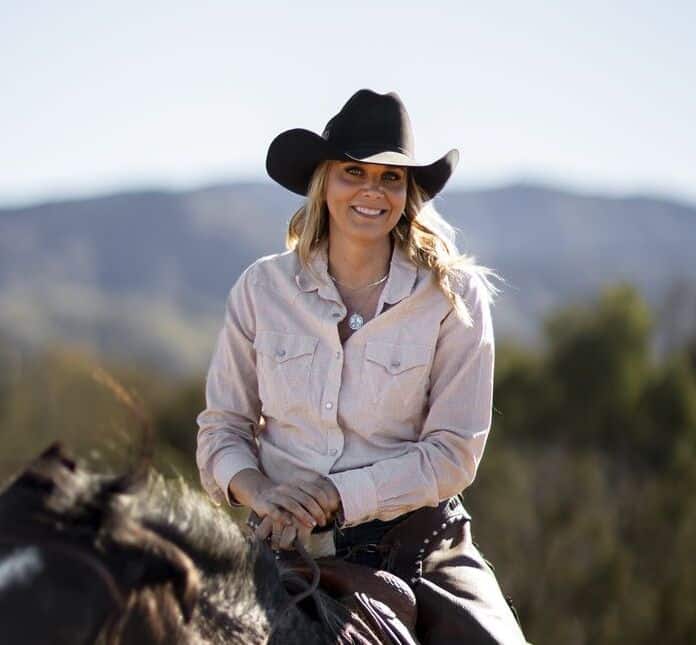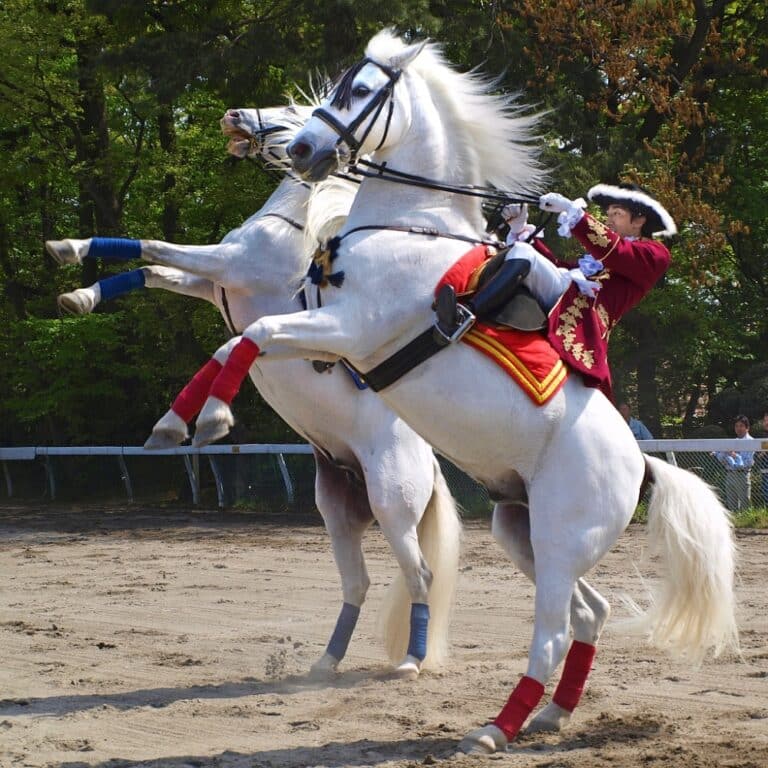In the world of equine sports, the question of “how much is a race horse worth” captivates enthusiasts and investors alike. The value of a racehorse can soar to staggering heights, reflecting their potential to win prestigious races and generate significant returns. This financial inquiry spans from the initial purchase to the ongoing costs of training, care, and competition, underscoring the multifaceted nature of horse racing as both a sport and a business. With factors ranging from lineage to performance shaping their price, understanding the market value of these equine athletes offers a fascinating insight into the economics of horse racing.
This article delves into the crucial aspects of determining how much a race horse is worth in today’s market, covering initial purchase costs, recurring expenses, and vital factors affecting their price. Additionally, we explore the investment and profitability landscape of racing horses, providing a comprehensive overview for prospective owners and racing aficionados. From breaking down the nuances of how much does a race horse cost to evaluating the intricacies behind race horse prices and the considerations of how much-thoroughbred horses cost, our exploration offers a roadmap for those curious about the worth of a racing horse in the current market.
Initial Purchase Cost
The initial investment in a racehorse encompasses a broad spectrum of costs, influenced heavily by factors such as breed, age, pedigree, and the horse’s prior achievements. Understanding these variables is crucial for potential owners to gauge the financial commitment required.
Types of Racehorses and Their Costs
Racehorses can vary significantly in price based on their type and intended racing discipline. Thoroughbreds, known for their speed and stamina, often command higher prices, ranging from $100,000 to $300,000 for competitive individuals. On the other hand, Quarter horses, favored for short-distance racing, might be purchased for between $25,000 and $100,000. Standardbreds and Arabians offer more affordable options, with prices for well-trained racehorses ranging from $1,500 to $5,000 and $25,000 to $300,000, respectively.
Bloodlines and Pedigree Impact
The pedigree of a racehorse plays a pivotal role in determining its initial purchase cost. Horses with illustrious bloodlines, such as those descending from proven champions, are often priced significantly higher due to their expected performance and breeding potential. For instance, a horse with a sire known for producing competitive offspring can see its value increased, irrespective of its own achievements. The influence of bloodlines is particularly pronounced in breeds like Warmbloods and Thoroughbreds, where lineage can provide prospective buyers with a form of ‘insurance’ that the horse has the genetic potential to succeed in competitive environments.
Case Study: Fusaichi Pegasus
A prime example of the impact of pedigree on racehorse pricing is Fusaichi Pegasus, the Thoroughbred stallion who won the Kentucky Derby in 2000. Initially purchased for $4 million, his value skyrocketed after his Derby win, eventually leading to his sale for a staggering $60 million. This case highlights how performance combined with a notable pedigree can elevate a racehorse’s market value immensely.
In conclusion, the initial purchase cost of a racehorse is influenced by a variety of factors, with breed, pedigree, and prior performance being the most significant. Prospective buyers must consider these elements carefully to make informed decisions in the competitive racehorse market.
Recurring Expenses
Training and Boarding Fees
Owning a racehorse involves significant recurring costs, with training and boarding being substantial. Monthly boarding fees can range from $500 to $2,500, heavily influenced by the location and services provided. Training fees add another layer of expense, varying from $50 per day at smaller racetracks to $120 at premier venues. Additionally, many training facilities offer reduced fees for boarding clients, sometimes as low as an additional $300 per month.
Veterinary Bills
Veterinary care is another critical recurring expense in racehorse ownership. Routine vet fees can be as variable as the training costs, often aligning with the trainer’s approach and the horse’s health. Owners might spend from less than $300 to over $700 monthly on veterinary services depending on the level of care. These costs cover everything from regular check-ups to emergency care, significantly impacting the overall financial commitment to maintaining a racehorse.
Race Fees and Transportation
Participation in races incurs fees not only for the event but also for transporting the horse to various venues. Race fees can include charges for the gate, pony services, and even the jockey’s services, which might not result in a profitable outing unless the horse places well. Transportation costs vary, with owners sometimes facing significant expenses, especially when shipping horses to different tracks. The choice between owning a trailer or using professional horse transportation services can affect these costs, with the need for adequate stall room being a critical consideration for the animal’s comfort and safety during travel.
In managing these recurring expenses, owners must be prepared for the financial demands of racehorse ownership, which extends far beyond the initial purchase price. Each aspect, from boarding and training to veterinary care and transportation, requires careful financial planning and consideration to ensure the well-being of the horse and the financial viability of racing endeavors.
Factors Affecting the Cost
Age and Performance History
The age of a racehorse plays a critical role in determining its market value. Younger horses, typically between two and four years old, are at their prime racing age, showing potential for improvement and a longer racing career. However, as horses age beyond this prime window, their performance tends to decline, affecting their market worth. A study found that racehorses peak at around 4.45 years old, with performance diminishing thereafter. This age-related performance trajectory is crucial for buyers to consider, especially when investing in racehorses for long-term racing prospects.
Breed Type
Different breeds of racehorses carry varying price tags due to their racing capabilities and breed-specific traits. For instance, breeds like Oldenburgs, Friesians, and Andalusians are often priced higher due to their rarity and demand in the market. Thoroughbreds, known for their speed and endurance, typically command higher prices, especially if they come from a lineage of successful racers. The breed’s popularity and potential for performance are significant factors that prospective buyers must evaluate when determining the worth of a racehorse.
Purchase Venue
The venue where a racehorse is purchased can significantly impact its cost. Auctions remain a primary market for buying racehorses, where prices can escalate due to competitive bidding. The atmosphere of an auction, combined with the horse’s displayed potential and pedigree, often leads to higher sale prices. Additionally, technological advancements like genetic testing and assisted reproduction have influenced the horse racing breeding market, enhancing the quality of racehorses available at these venues. Buyers should be aware of these dynamics and how they influence the overall pricing at different purchasing venues.
Investment and Profitability
Investors in racehorses often view their involvement as a multifaceted financial venture, with returns potentially accruing from several sources. The primary avenue for earnings is through prize money, which can be substantial depending on the race and the horse’s performance. For instance, a notable win at the Iron Jack Maiden Handicap in Australia brought in $11,200 in prize money, which was distributed among the owners.
Potential Earnings from Racing
The allure of racehorse investment is significantly tied to potential earnings from racing. Prize money from victories at various competitions forms the backbone of this investment return. However, it’s crucial to understand that only a small fraction of racehorses reach the pinnacle of success necessary to yield high returns from racing alone.
Breeding and Selling Foals
Beyond racing, successful racehorses can generate substantial income through breeding. Owners of horses with exemplary racing records and desirable pedigrees can benefit from selling foals. This aspect of the racehorse market leverages the genetic potential of proven racers, offering another lucrative return on investment.
Case Study: Successful Racehorse Investments
Examining specific cases of racehorse investments can provide deeper insights into the profitability of this venture. For example, the legendary football manager Sir Alex Ferguson has invested in racehorses, with varying degrees of financial success. His horse, I’m Fraam Govan, brought in £45,231 in 2013, showcasing how successful investments can indeed be profitable. Similarly, celebrities like Michael Owen and Steven Spielberg have also seen financial returns from their racehorses, demonstrating the broad appeal and potential profitability of racehorse investment.
Investing in racehorses involves considerable financial stakes and risks, but with careful selection and management, it can offer significant returns. Whether through prize winnings, breeding, or selling, the financial landscape of racehorse ownership is as dynamic as the sport itself.
Conclusion
The exploration of the current market value of racehorses has uncovered a complex landscape influenced by factors such as breed, pedigree, age, and performance history. Through the lens of initial purchase costs, recurring expenses, and the nuances of breed-specific traits and performance potential, we’ve gained insights into what makes a racehorse a worthy investment. Reflecting on the cases of renowned racehorses and their journey from purchase to profitability, it’s evident that the venture into the world of racehorse ownership is as much about passion as it is about financial investment.
Navigating the intricacies of the racehorse market requires a balanced approach, taking into account the financial commitments alongside the potential for significant returns through racing victories and breeding opportunities. As the landscape of equine sports continues to evolve with advances in technology and breeding practices, the potential for profitability remains a captivating prospect for investors and enthusiasts alike. The journey from assessing a horse’s initial value to realizing its potential in the racing circuit underscores the rewarding, albeit challenging, nature of racehorse ownership.
FAQs
1. What is the typical value of a race horse?
Race horses, particularly those of championship quality, generally range from $100,000 to $300,000 in purchase price. However, prices can soar beyond $300,000 due to the competitive nature of buying thoroughbreds. Additionally, the annual maintenance cost is around $45,000.
2. What are the costs associated with a Kentucky Derby race horse?
The costs of purchasing and preparing a horse for the Kentucky Derby are significantly high, often exceeding the initial purchase price due to the extensive training and care required.
3. What is the current market value of a horse?
On average, a hobby horse can be purchased for about $3,000. However, the price for the most expensive horse breeds, like the Arabian, can reach up to $250,000.
4. How much does a top-tier race horse cost?
The value of a top race horse can vary widely, often reaching into the hundreds of thousands or even millions of dollars, depending on the horse’s pedigree, racing history, and potential for future earnings.











